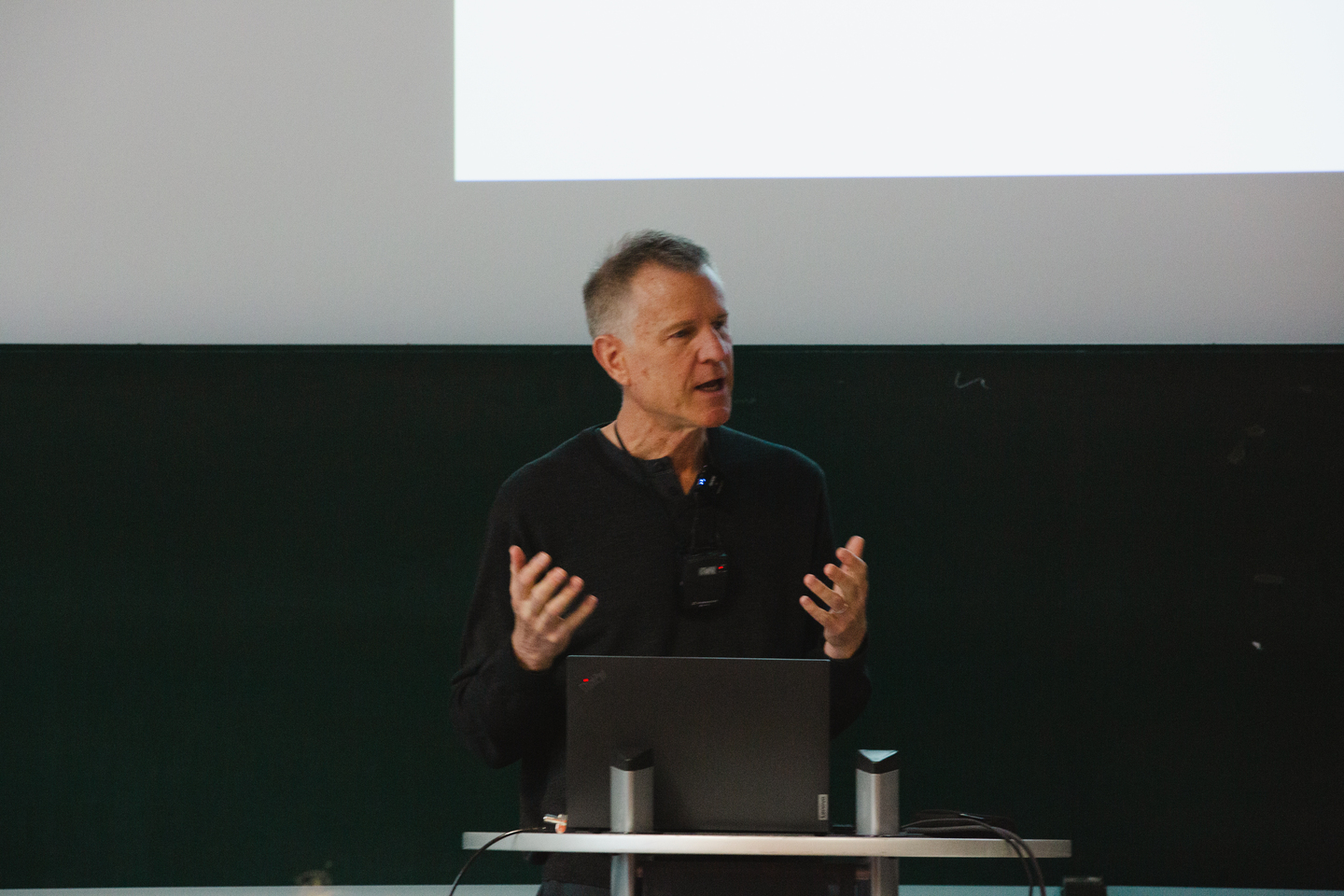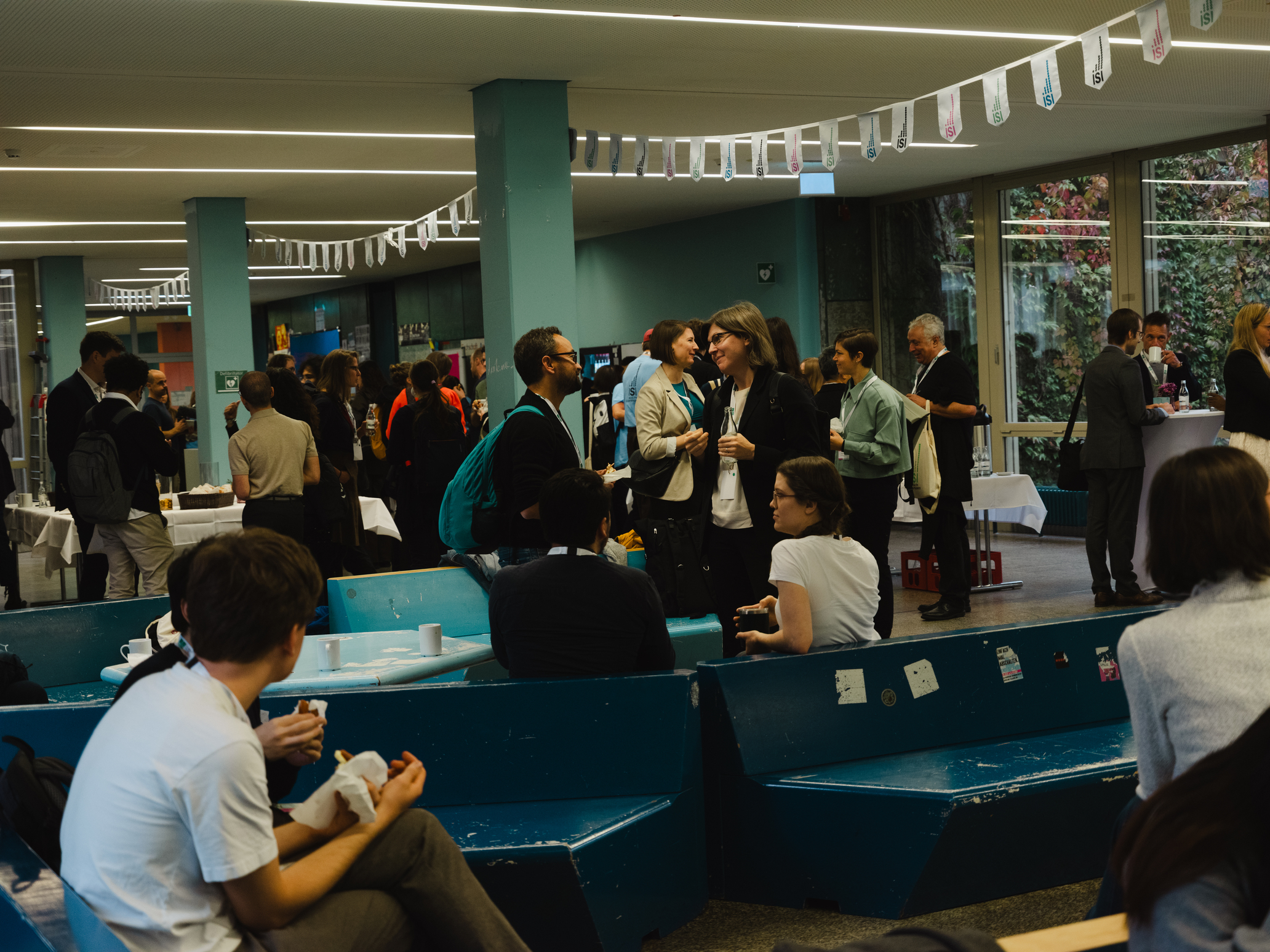How Munich became a center of international wealth research for three days: The ISI Wealth Conference 2025
Three days, 150 researchers, one common question: What does wealth do to us? At the first ISI Wealth Conference at LMU Munich, scientists from all over the world met to discuss property, privileges and power. The result was more than one conference — a departure for international wealth research.

How do you measure wealth? Why does it remain in the same hands and how does that change our democracies? For three days, LMU Munich focused on property, privileges and the question of what money actually does to us. Zur ISI Wealth Conference 2025 There were around 150 researchers from more than 20 countries, from Amsterdam to Zurich, from the London School of Economics to Harvard. Around 70 contributions were presented, and four panels ran in parallel three times a day.
Host was Fabian Pfeffer, Professor of Sociology at LMU and Director of Munich International Stone Center for Inequality Research (ISI). He led through the program with a good mood, alert eye and serenity, welcomed, connected, mediated — and thus made it clear what ISI wants to be: a place where people meet and new ideas arise.

The prelude was Céline Bessière from Université Paris-Dauphine. Your keynote The Gender of Capital was one of those rare conference moments when a hall really gets quiet. She spoke about power, money and gender, about inheritances, companies and the invisible work that holds capital together. After that, it was clear what these days would be about: structures that can be changed once you make them visible.

The topics ranged from pension systems and inheritances to housing and labor markets, health and media, all with a focus on wealth inequality. Researchers from the USA, China, Norway, Poland and Ghana presented data that showed that wealth works according to similar rules everywhere, just in different currencies. The presentation was particularly attended by Lane Kenworthy by the University of California, San Diego, which was, among other things, an invitation to empirically demonstrate often assumed social effects of wealth inequality.

In the evening, the program moved to Hofbräuhaus, where research and party spirit came together surprisingly well. A keg was actually tapped between wood paneling and brass music, and sociologists mingled with economists and everyone else at the long tables. There was laughter, arguing, networking: about data sets, questions of power and the best Munich beer.
.jpg)
On Saturday, after a live experiment involving chocolate coins, the conference came to a close in the glow of autumn light: in a beer garden in Uffing am Staffelsee, over pretzels and Bavarian specialties, participants shared one last exchange about the pressing questions of our time.
In the end, the impression of a discipline that is in the process of reinventing itself remained. Die ISI Wealth Conference 2025 made it clear that wealth research is no longer silent computing in grey seminar rooms, but a conversation about what holds society together — or divides — at its core. For three days, it was noticeable that something was growing here: an international community that not only wants to count wealth, but also wants to understand it.
The fact that the first ISI conference was such a success surprised even optimists. The exchange was close, the discussions lively, the atmosphere was open. If economists from Harvard, sociologists from Paris and data experts from Munich are already sitting around the same table, what will not happen until 2027?
There is every reason to believe that ISI is becoming more than just a research center. A place with attitude. For science that not only observes but connects. Who doesn't dodge when it comes to the big questions, but asks them: Who owns the world and why does it still belong to so few?
More pictures of the conference and the individual speakers with their topics can be found here.

%20(1)%20(2).jpg)
%20(1).jpg)
